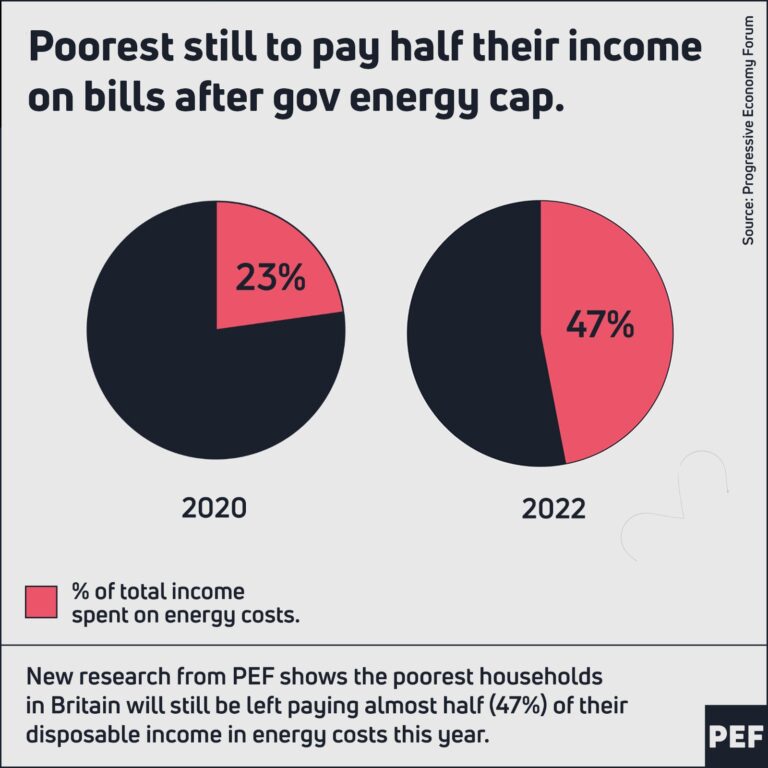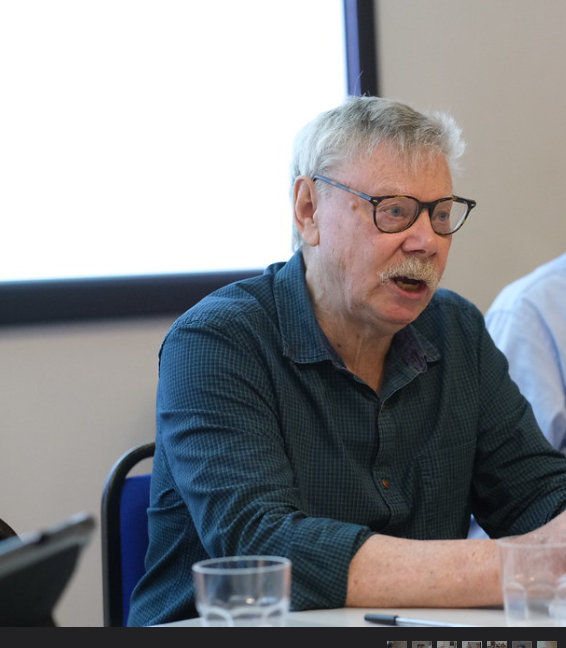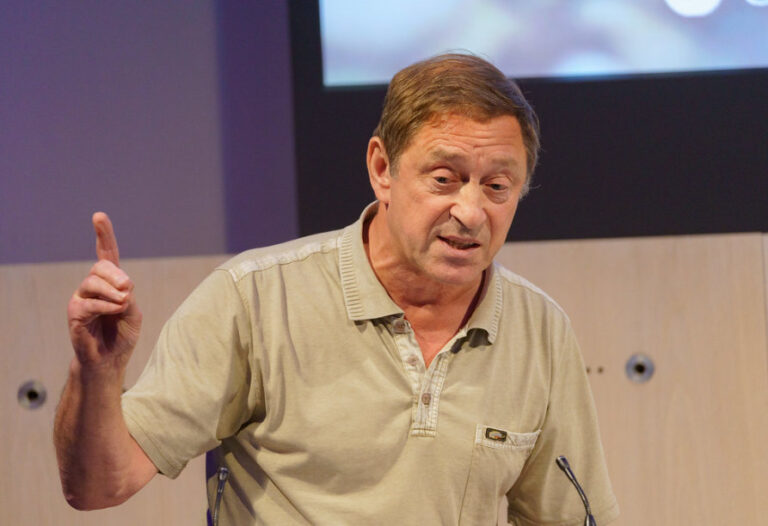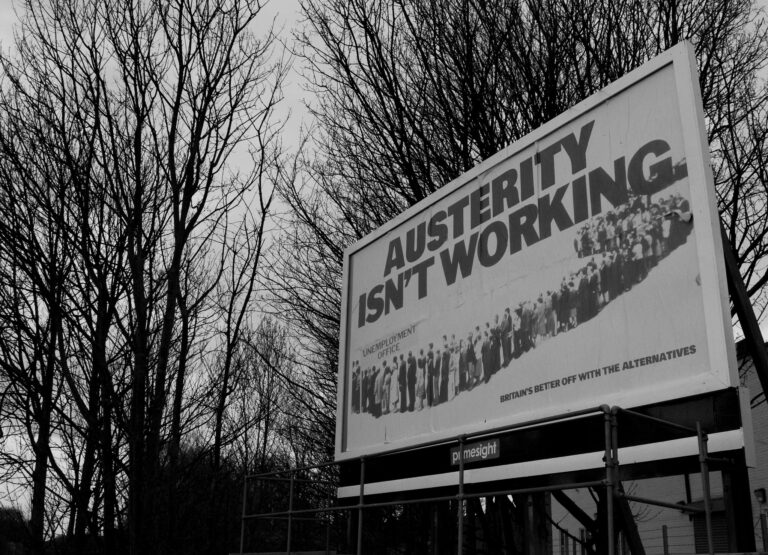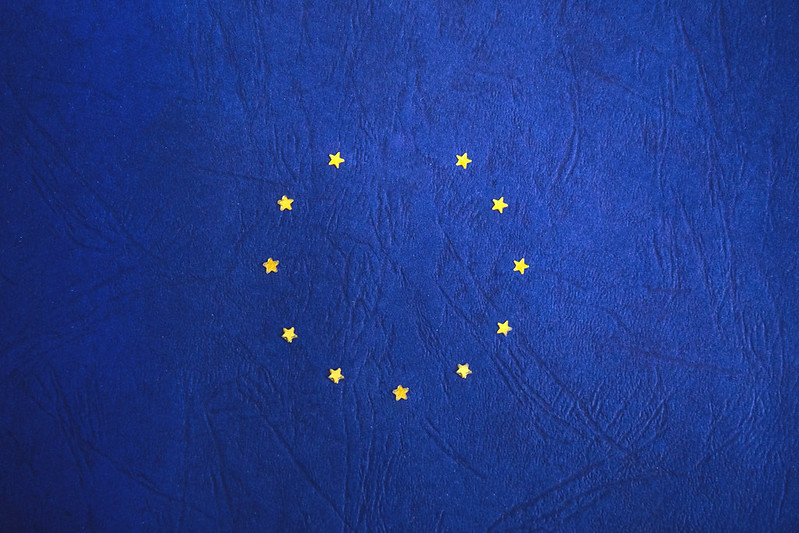
PEF’s webinar on 24 November “Brexit: where are we now and where do we go from here?” has been uploaded to YouTube, for those that missed an excellent, in-depth discussion, chaired by PEF Council member Johnna Montgomerie.
Prof Chris Grey highlighted the contradictions built-in to the sets of agreements signed as part of the Brexit deal, centred on the inextricable economic links between the UK and the EU, and the inextricable problems facing an implementation of this version of the Northern Ireland Protocol. Viewing Brexit as a “process” of resetting relations, rather than a done deal, helps clarify the ongoing negotiations, with plenty of future opportunities for future disagreements “for years.”
Trade expert Peter Holmes of the UK Trade Policy Observatory also called Brexit a “permanent negotiation”, agreeing with trade negotiator Shankur Sangam that the current Trade and Cooperation Agreement was “only a beginning”. The possibility – indeed, given the economic costs, the necessity – of future governments pursuing closer trade relations has been left open by the current agreement, an “empty, shallow document”. Renegotian is built in to agreement every five years and Opposition parties could see these as opportunities for different kinds of relationships with the EU.
Jill Rutter from the Institute for Government spoke in a personal capacity of Brexit being determined by the desire of Boris Johnson’s government to “reclaim regulatory autonomy”, giving us a “very thin deal” as a result. Taking back control, and the demand for sovereignty, has trumped other considerations in current negotiations – with government not wanting to countenance Freedom of Movement or even provide much agreement on mobility, for example, despite what Jill described as problems for those wanting to do business in the EU as a result.
And Jonathan Portes picked up on the theme of Brexit’s economic impacts, noting the difficulty of separating the effects of Brexit from the wider impact of coronavirus. Many countries have been hit by the same combination of labour market disruptions and energy price rises. Many of the UK’s economic problems are of very longstanding – including regional inequality and low productivity – and predate Brexit, but are unlikely to be helped by Brexit. On migration, where Brexit changes the “feasible policy space quite radically”, the changes have been clearer although he noted the “pretty liberal” post-Brexit labour market, but that reintegration into the Single Market would also require acceptance of Freedom of Movement – “politically unrealistic” as this currently seemed.

